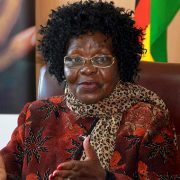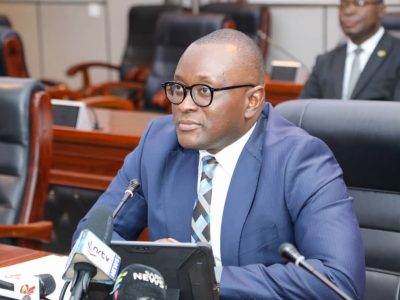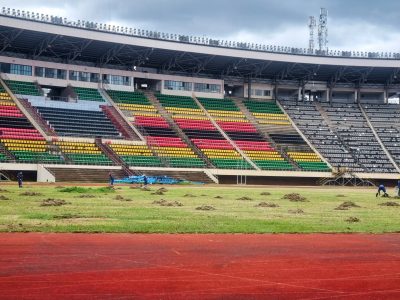The African charter on human and peoples’ rights on the rights of women in Africa has continuously re affirmed their position and drive towards the implementation and adherence of woman’s rights through their African Charter on Human and Peoples’ Rights.
By Toneo Rutsito
Speaking journalists through a media training session held by the Voluntary Media Council Of Zimbabwe in partnership with Friedrich Naumann Foundation, panellists reiterated the need to respect and adhere to these constitutional rights and regional protocols.
The the Zimbabwe Gender Commission chief executive officer Virginia Muwanigwa insisted that the ratified protocols was a regional signature, showing commitment to respect to these values.
“Considering that Article 2 of the African Charter on Human and Peoples’ Rights enshrines the principle of non-discrimination on the grounds of race, ethnic group, colour, sex, language, religion, political or any other opinion, national and social origin, fortune, birth or other status;
Further considering that Article 18 of the African Charter on Human and Peoples’ Rights calls on all States Parties to eliminate every discrimination against women and to ensure the protection of the rights of women as stipulated in international declarations and conventions;
Noting that Articles 60 and 61 of the African Charter on Human and Peoples’ Rights recognise regional and international human rights instruments and African practices consistent with international norms on human and peoples’ rights as being important reference points for the application and interpretation of the African Charter”
This affirmed the position that like any other human rights enshrined in constitution, woman rights ought to have the same respect and strong institutions be established for implementation of these statutes.
The same points are being echoed by the United nations SDG which categorically states that Goal 4. Ensure inclusive and equitable quality education and promote life-long learning opportunities for all
“4.1 by 2030, ensure that all girls and boys complete free, equitable and quality primary and secondary education leading to relevant and effective learning outcomes
4.2 by 2030 ensure that all girls and boys have access to quality early childhood development, care and pre-primary education so that they are ready for primary education
4.3 by 2030 ensure equal access for all women and men to affordable quality technical, vocational and tertiary education, including university”
The equality drive serves to ensure that both the girl child and their male counterpart get equal and fair opportunities as they all grow and access opportunities in their various endeavours.
The SADC protocol on gender and development States Parties shall endeavour, by 2015, to enshrine gender equality and equity in their Constitutions and ensure that these rights are not compromised by any provisions, laws or
Parties shall implement legislative and other measures to eliminate all practices which negatively affect the fundamental rights of women, men, girls and boys, such as their right to life, health, dignity, education and physical integrity
The AU Agenda 2063 re affirms the position All the citizens of Africa will be actively involved in decision making in all aspects. Africa shall be an inclusive continent where no child, woman or man will be left behind or excluded, on the basis of gender, political affiliation, religion, ethnic affiliation, locality, age or other factors.
By 2063, all kinds of oppression including gender, racial and other forms of discrimination will be ended.
State Parties shall by 2030 enshrine gender equality and equity in their Constitutions and ensure that these rights are not compromised by any provisions, laws or practices.
The SADC protocol also ratified that States Parties shall implement legislative and other measures to eliminate all practices which negatively affect the fundamental rights of women, men, girls and boys, such as their right to life, health, dignity, education and physical integrity.
In 9 years time by, 2030 they targeted to develop and strengthen specific laws, policies and programmes to achieve gender equality and equity.
These are the fundamentals needed to make sure that African countries are in full compliance and can not only pay a lip service to these critical demands.








Comments